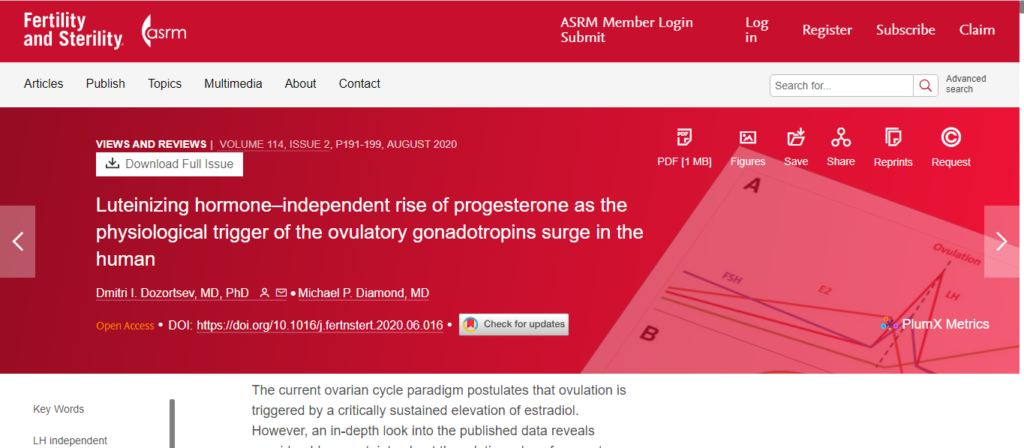Many people think that using birth control can affect your fertility in the long run — this is a myth.
Thanks to poor research and well-circulated myths, some people believe that previous birth control use can affect your fertility in the long run. Numerous studies have shown this to be entirely false. While it is possible that birth control may cause a delay in fertility after you stop using it, there are no long-term effects. In all cases, your fertility levels will return to normal within a short time after you cease using birth control.
Birth Control Types and Long-Term Fertility
There are many types of birth control available, both hormonal and non-hormonal. In spite of what common myths may say, the reality is that none of the following birth control methods will cause long-term fertility complications. To better understand this reality, it’s helpful to look at some of the most popular forms of birth control and how they work.
The Pill
The pill is a hormonal oral contraceptive and is one of the most popular forms of birth control. The pill usually contains both estrogen and progestin, though some pills only contain progestin. Like other hormonal birth control options, the pill works to prevent pregnancy in two ways. First, it can prevent ovulation, which means that it prevents the release of an egg. Without an egg being released, there is nothing for the sperm to fertilize. Second, it causes the body to produce non-fertile cervical fluid.
When you stop taking the pill, there can be a temporary delay in fertility as your body re-adjusts. After that short delay, fertility will return to levels consistent with those from before birth control use.
Hormonal and Non-Hormonal IUDs
Hormonal IUDs work by releasing levonorgestrel, more commonly known as progesterone, to deter pregnancy. Like with the pill, the progesterone in an IUD works in two ways: it thickens the mucus around your cervix, making it harder for sperm to swim up it to fertilize the egg, and it stops eggs from being released in the first place. With hormonal IUDs, the contraceptive effects are reversed very quickly after removal and women will usually return to their normal fertility levels within a week or so.
Non-hormonal IUDs, or copper IUDs, release copper ions that are toxic to sperm, thus preventing fertilization. In essence, the ions act as a spermicide. Just like the hormonal IUD, normal fertility levels should return within a week or so after copper IUD removal.
Implant
Nexplanon is a matchstick-sized rod that is inserted under the skin of your upper arm. Like the shot/injection, it releases progestin into your system. It works the same way as the hormonal IUD in that it thickens your cervical mucus and stops ovulation, meaning that there is no egg to be fertilized even if the sperm gets through the cervical mucus. Much like the IUD, the effects on fertility are quickly reversed once the implant is removed. While it’s possible for there to be a short delay, ovulation should resume within three months.
Shot/Injection
In this birth control method, a woman gets a shot every three months in the arm or buttocks. The injection of progesterone, called the Depo-Provera, prevents ovulation. The injection is the only form of birth control that is known to delay fertility even after you stop using it. This is because given that you only get one shot every three months, there’s a higher dose of the progestin hormone in the shot than in other birth control methods.
Due to this higher level of progestin, the hormone is likely to hang out in your system for longer, potentially causing a delay in fertility once a woman decides to go off of it. Even with the delay, you should get your period within 6-12 months, but it’s possible for it to take up to 22 months. Once you begin ovulating again, your fertility levels will return to their former levels from before you began receiving regular shots.
Fertility and Birth Control
The reality is that if you are having a hard time conceiving and suspect that it’s due to previous birth control use, you can rest assured that this is likely not the case. If you are experiencing difficulty getting pregnant, don’t hesitate to reach out to schedule an appointment with AFCT. Our experienced fertility specialists can discuss what the true cause of your fertility issues might be, and can help put together a plan to achieve the family of your dreams.



